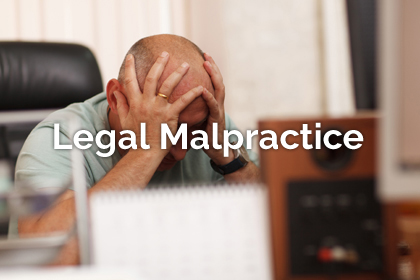What is the statute of limitations for a discrimination case? There is no quick answer for what is the statute of limitations for a New Jersey discrimination case. The answer depends on a number of factors.
One of the first factors to consider is whether your claim will be pursued under New Jersey or Federal law.
New Jersey Statute of Limitations
In New Jersey, the Law Against Discrimination is the law that would apply. Claims that are brought under the LAD have a two year statute of limitations currently as of August 2018.
Federal Statute of Limitations
For a Federal case, there are several Federal laws that may apply depending on the type of discrimination. For example, there is Title VII of the Civil Rights Act for discrimination on the basis of gender or race. There is the Americans With Disabilities Act for disability issues. There is also the Age Discrimination Act for age discrimination.
Under these Federal laws, there is a 180 day statute of limitations unless a claim under NJ law could also be brought. In that instance, there is a 300 day statute of limitations. A claim must first be brought with the Equal Employment Opportunity Commission (EEOC) to proceed in Federal court.
Once the EEOC has processed the claim, the EEOC usually issues a right to sue letter. The right to sue letter gives the employee ninety (90) days to file a lawsuit in federal court. This is a strict deadline.
When Does the Statute of Limitations Begin to Run?
The next difficult issue is when does the statute of limitations begin to run. When harassment is continuous over a long period of time, courts sometimes allow a plaintiff to sue about events that took place longer than 2 years ago in State Court or 180/300 days in federal court.
In wrongful termination cases, the statute of limitations usually begins to run on the date of termination. In wrongful demotion or failure to promote cases, the statute of limitations usually begins to run on the date when the event took place regardless of whether the employee is still employed.
You should always consult with an employment attorney when determining the statute of limitations for an employment case. Ronald J. Wronko, Esq., handles claims under the LAD and Federal laws. Please contact him at ron@ronwronkolaw.com or at www.ronwronkolaw.com for a consultation.



